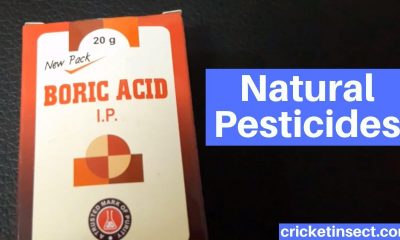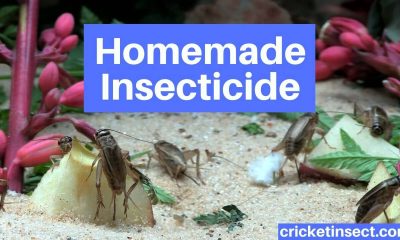Cricket insect
What Is Organic Insecticide | Organic Gardening
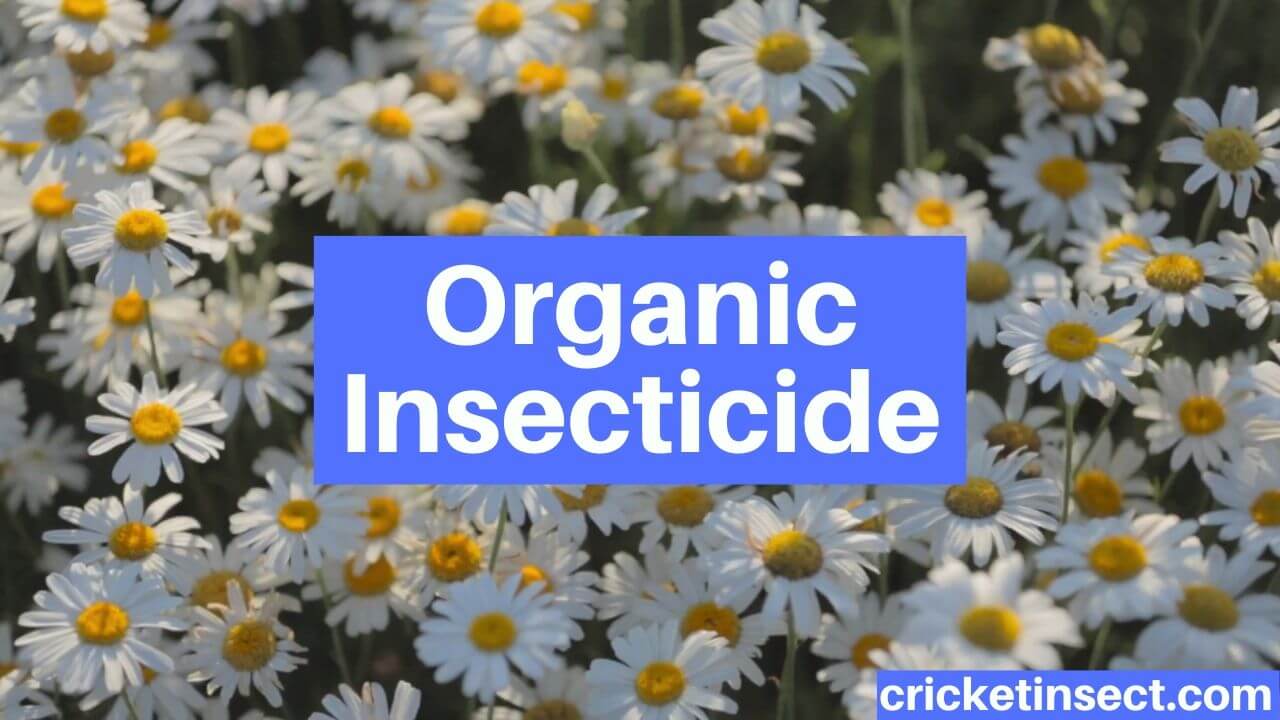
What Is Organic Insecticide? Organic gardening appeals to some people because it sounds important. It makes gardening sound exotic like it’s on some higher level. Organic gardening is accomplished by avoiding the use of laboratory-made fertilizers, growth substances, antibiotics, or pesticides. This means using nature’s tools to grow your plants, fruits, and vegetables. It’s a way of being kinder to the earth. Using natural organic insecticide is a part of that process and has grown in popularity. If done properly, it costs less.
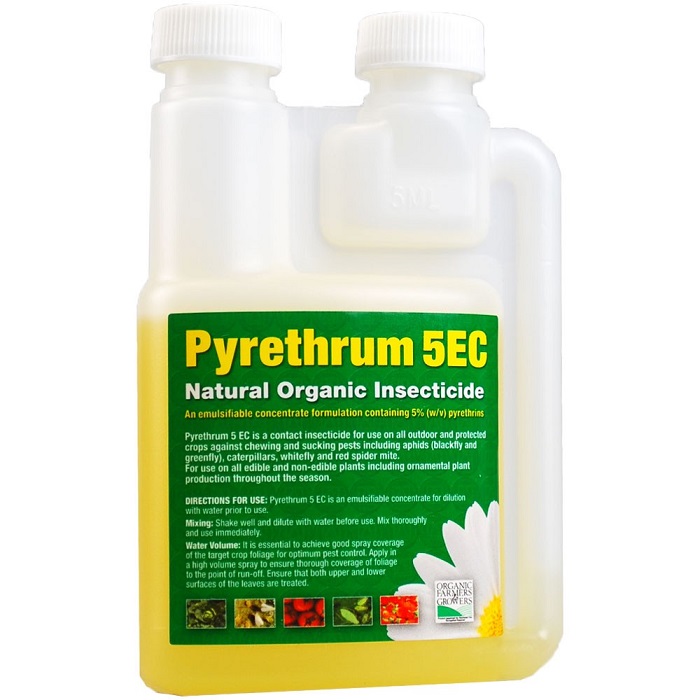
You can use nature to your advantage if you understand and take the time to make it work for you. If you learn to grown or produce your own insecticides, you’re also aiding the eco-system by not putting man-made lethal concoctions into the dirt and air. You can help reduce the negative effect on the ozone layer by doing your part to help nature.
The botanical is of plants. Plants are natural. So, botanical insecticides are naturally created from plants and plant parts. One such insecticide is sabadilla. It’s gotten from the seeds of a plant similar to a lily and used in dust or spray form before harvest. It poisons insects when it touches them or gets inside their bodies. Organic insecticide must still be used with caution. They’re not without side effects or problems. You must learn how to use them properly so that they’re a benefit and not a hindrance. Washing your fruits and vegetables is still recommended before eating them or using them in cooking if you use any kind of insecticide.
A misconception about insecticides of any kind can be that if you use a stronger concentration and/or more of it, the benefits will come quicker and will last longer. But this is an unhealthy attitude in many cases. If a technique or product isn’t working, make a change only by being aware of the effects. What you need may simply be a different product or an extra helper to go along with it.
Questions you need to ask about organic insecticides besides ‘what are they’ are:
- Do they react to any other substances in a negative way?
- What are the side-effects?
- What harm can they do to me or my children?
- What harm can they do to my pets or other plants?
- What are the side effects if any is ingested accidentally?
- What is the most effective form of use (dust, spray, etc.)?
- How often should it be applied?
- What does it cost?
- Where do I get it?
- How do I store any leftovers and for how long?
- Can I make this insecticide safely myself?
Some of the natural organic insecticides that are well-known are pyrethrum, nicotine, sabadilla, rotenone, and soap. Cornmeal and some hot peppers can also be effective against insect pests. It’s still best to try to catch any gardening or crop pests in the early stages than to load up on insecticide of any kind. The best control can be awareness and early removal.
-
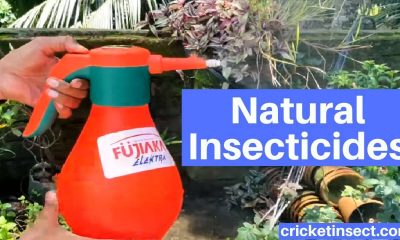
 Cricket insect8 years ago
Cricket insect8 years agoNatural Insecticides to Get Rid of Insects
-
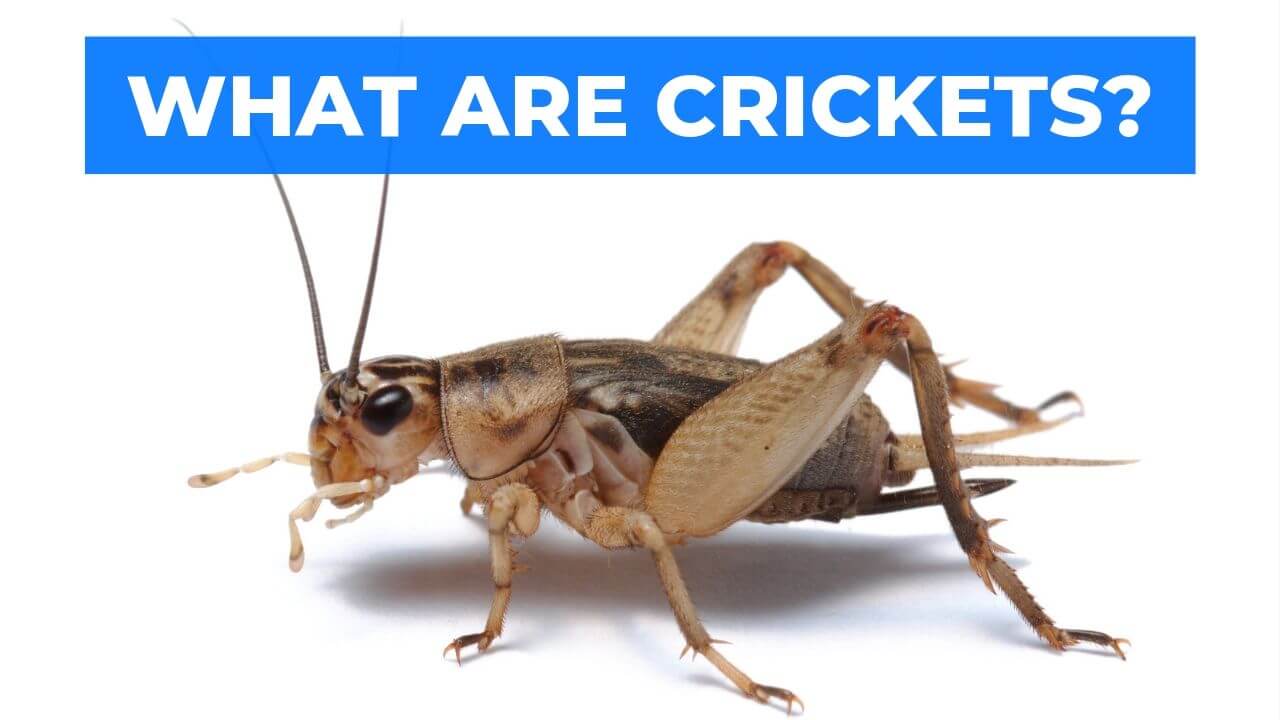
 Cricket insect6 years ago
Cricket insect6 years agoCricket Insect
-
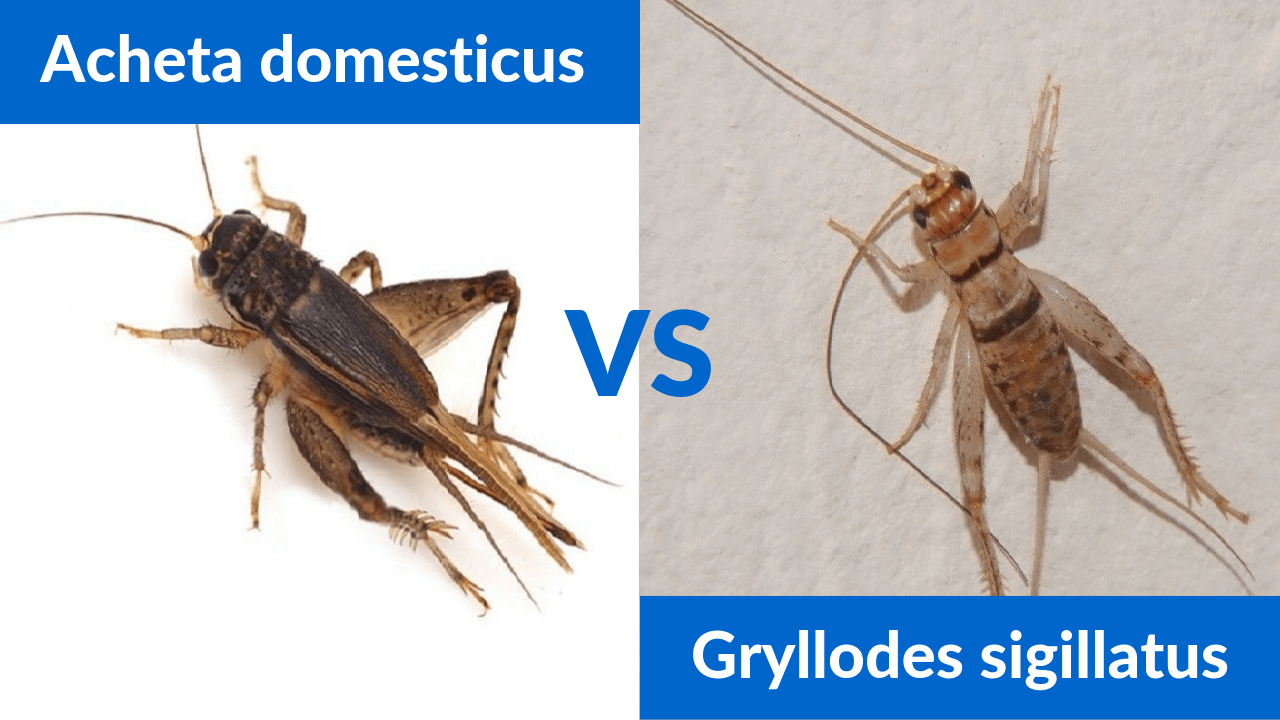
 Cricket Farming6 years ago
Cricket Farming6 years agoStarter Crickets: Acheta domesticus vs Gryllodes sigillatus Tutorial 2
-
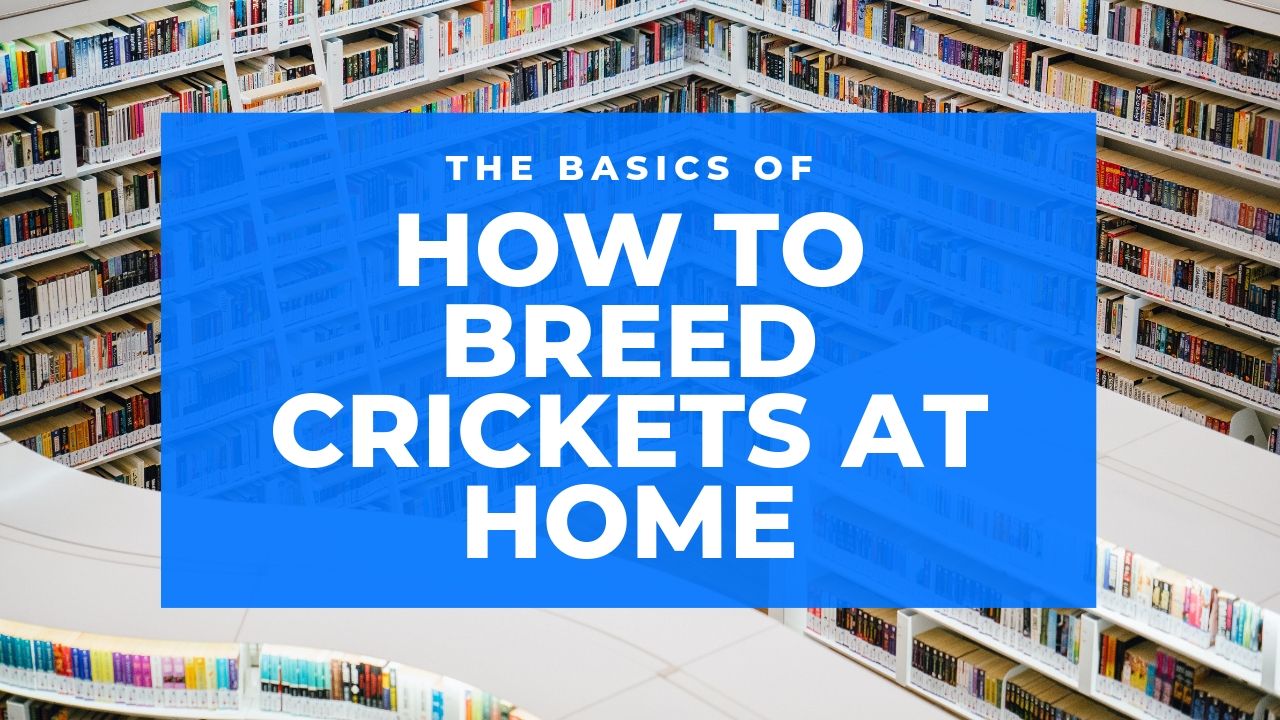
 Cricket insect6 years ago
Cricket insect6 years agoHow to Breed Crickets at Home
-
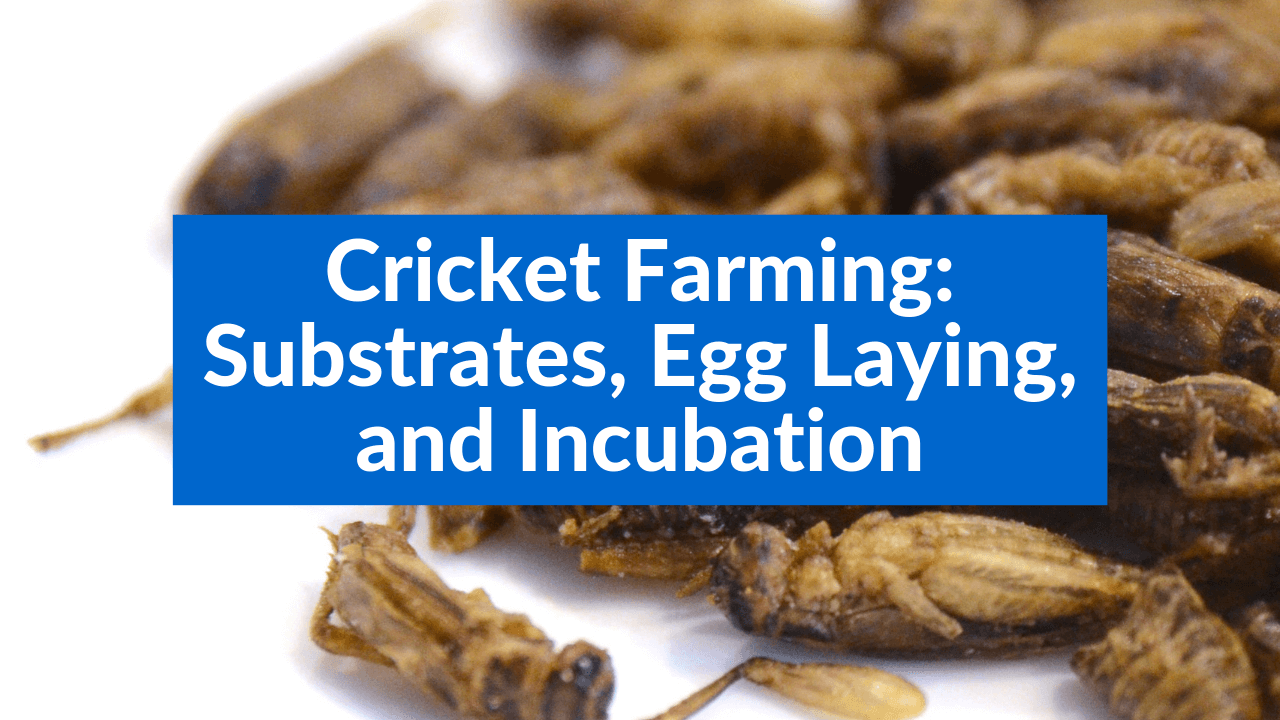
 Cricket Farming6 years ago
Cricket Farming6 years agoCricket Farming: Substrates, Egg Laying, and Incubation Tutorial 5
-
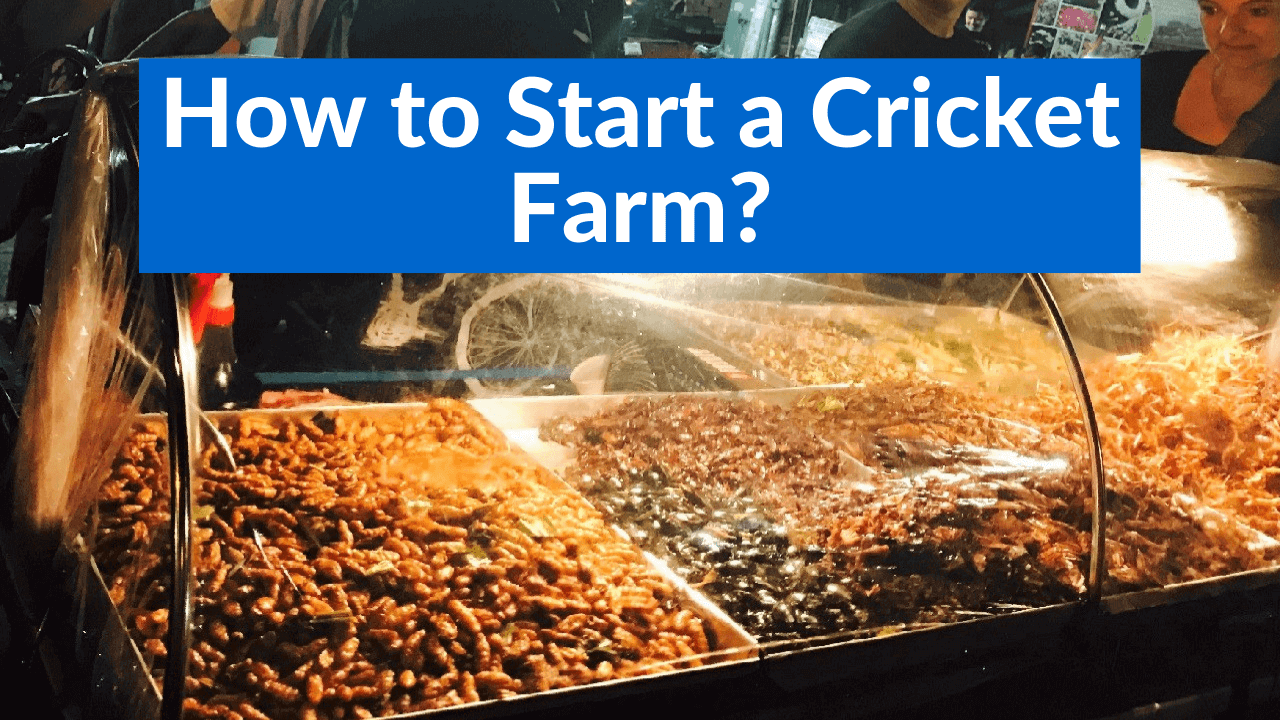
 Cricket Farming6 years ago
Cricket Farming6 years agoHow to Start a Cricket Farm? Tutorial 1
-
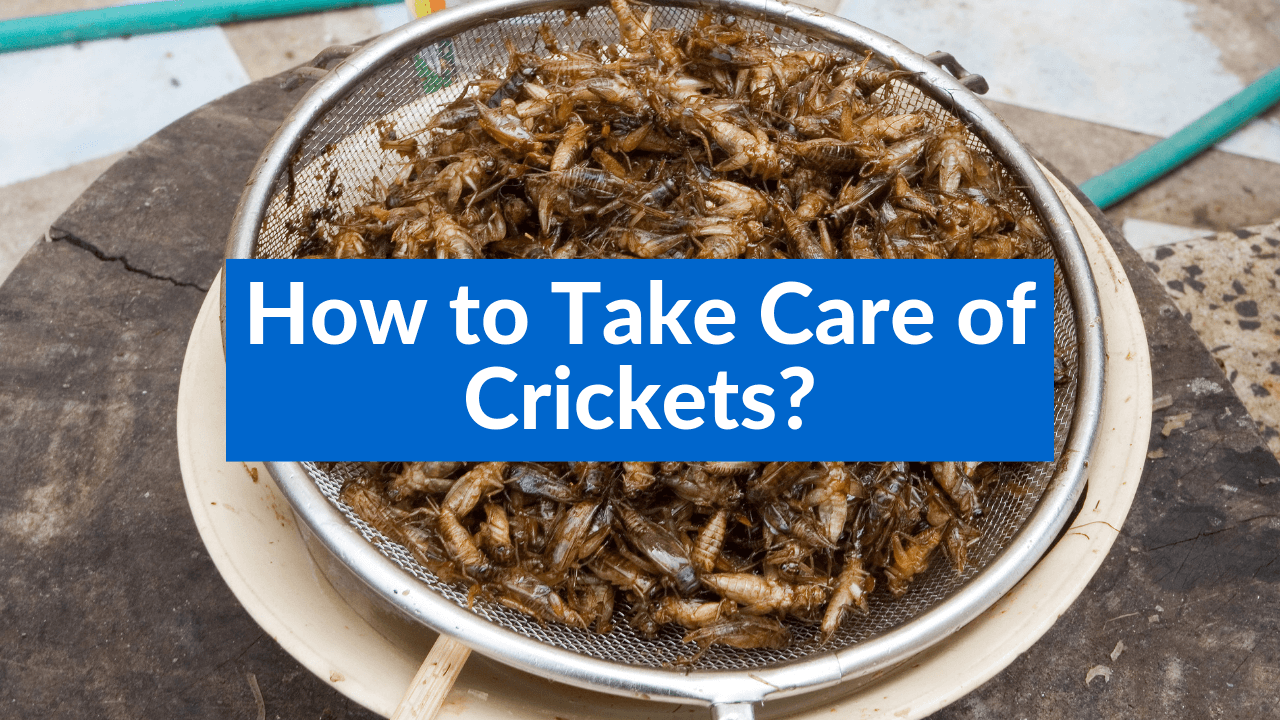
 Cricket Farming6 years ago
Cricket Farming6 years agoHow to Take Care of Crickets, Maintenance, Cleaning and Feeding Tutorial 7
-
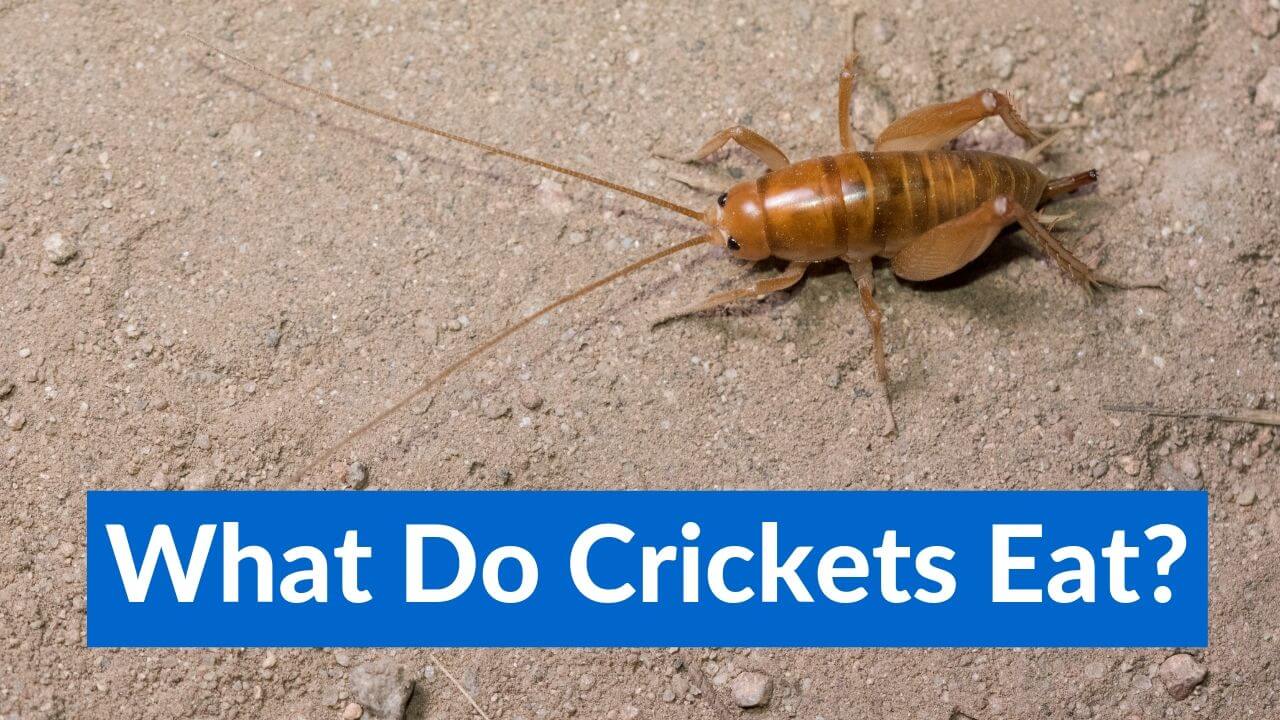
 Cricket insect6 years ago
Cricket insect6 years agoWhat Do Crickets Eat What To Feed Your Pet Crickets


